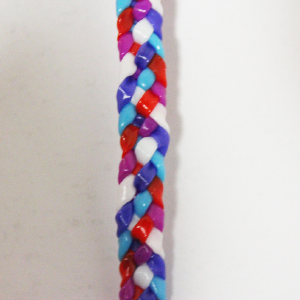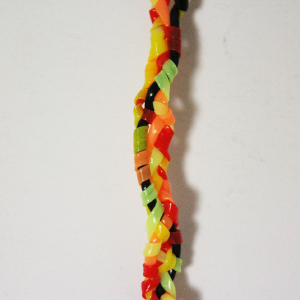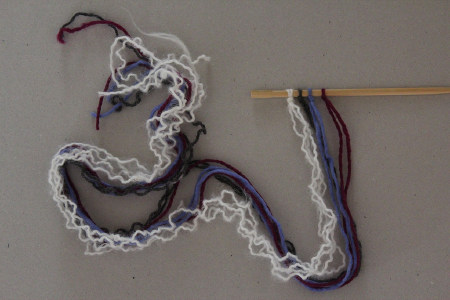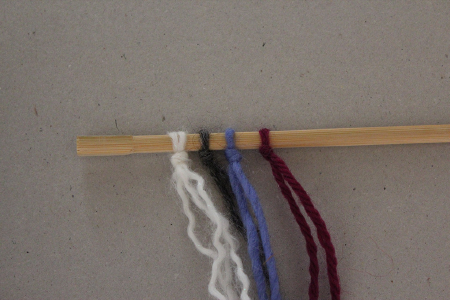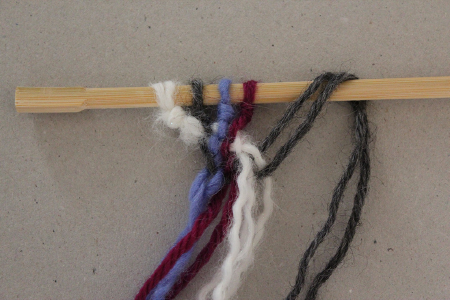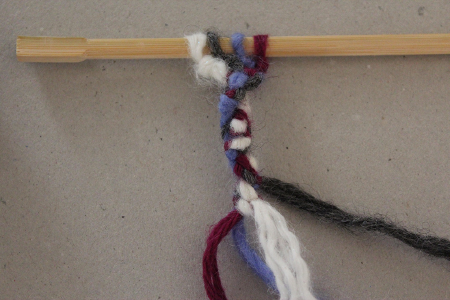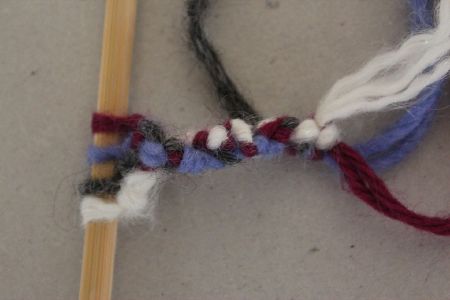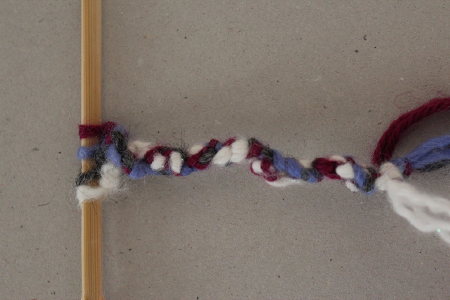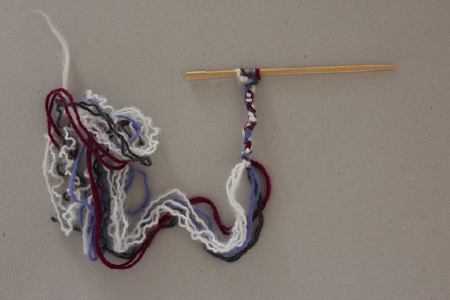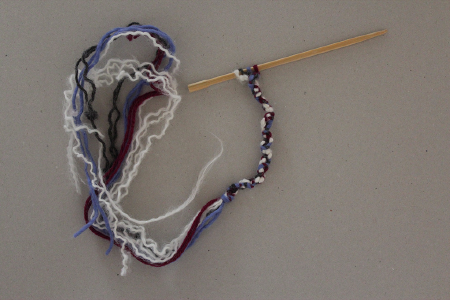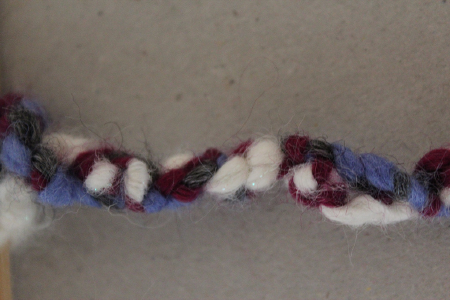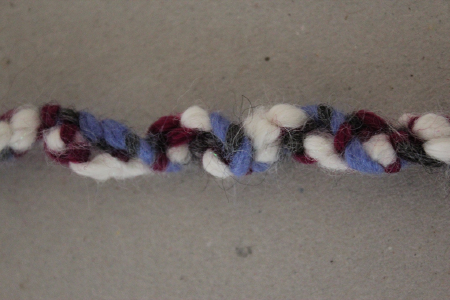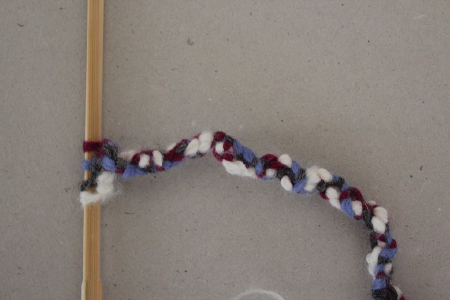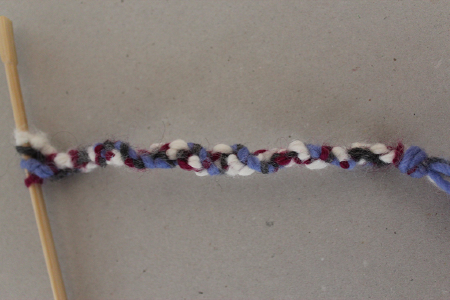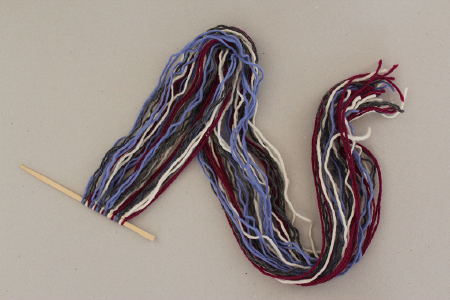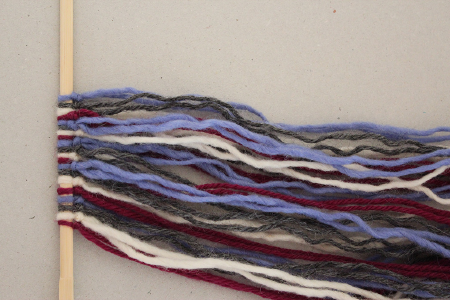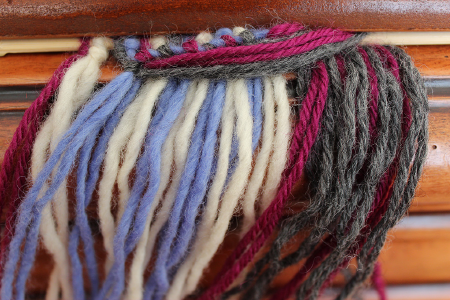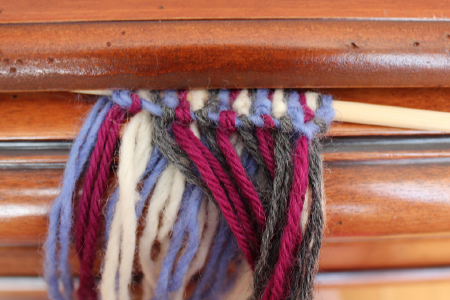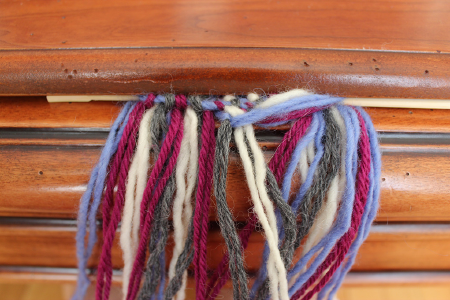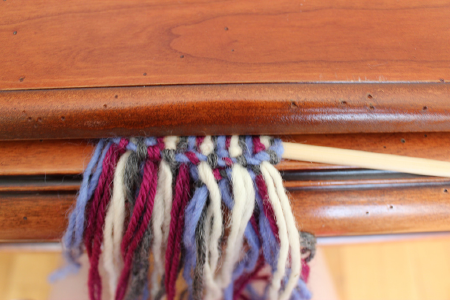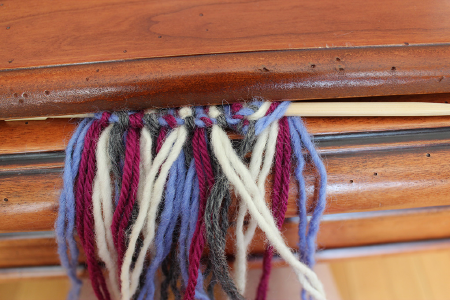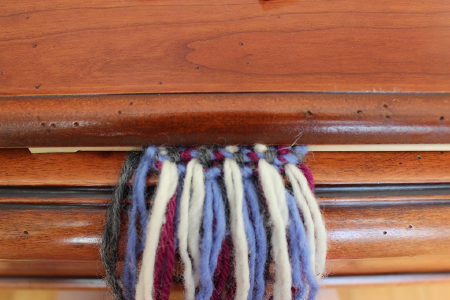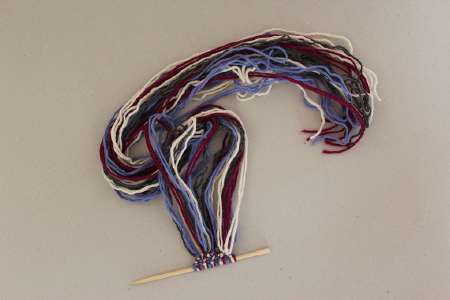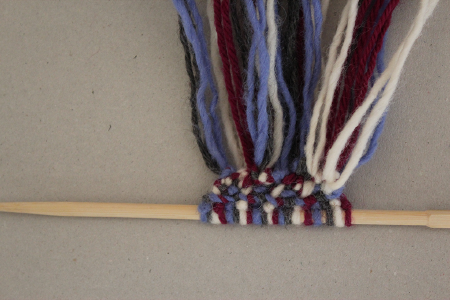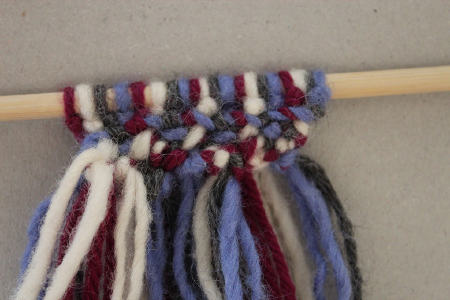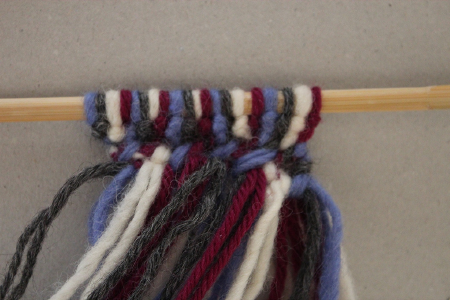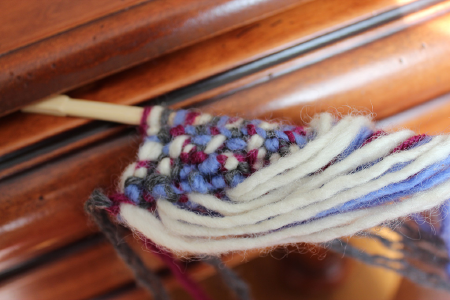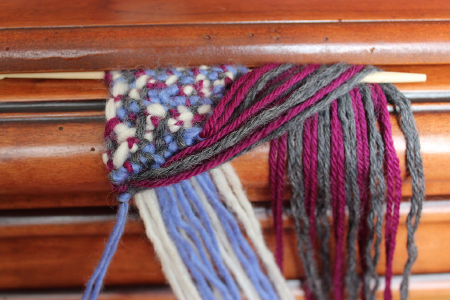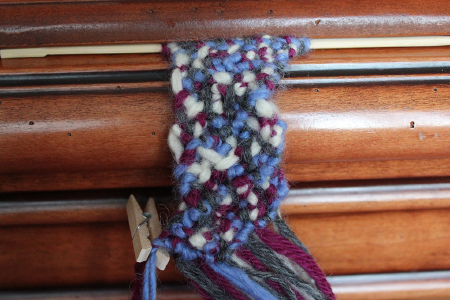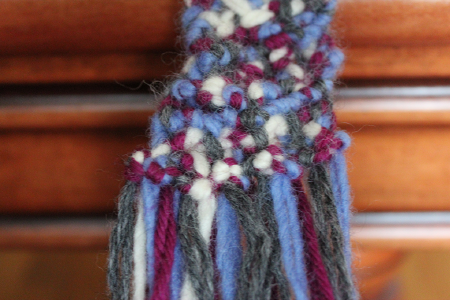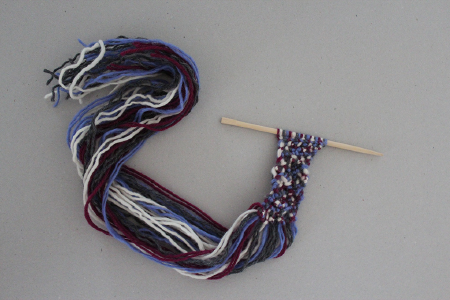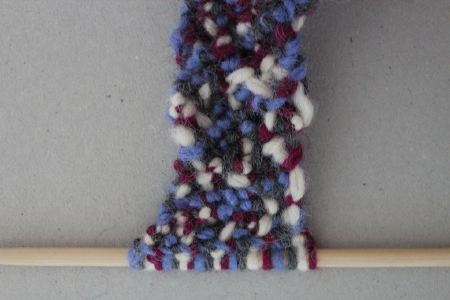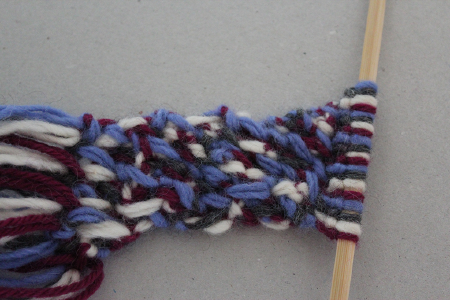mNo edit summary |
(ad rule of the game of life with sources) |
||
| Line 78: | Line 78: | ||
[[File:brading process_27.jpg|x300px]] [[File:brading process_27bis.jpg|x300px]] | [[File:brading process_27.jpg|x300px]] [[File:brading process_27bis.jpg|x300px]] | ||
[[File:brading process_28.jpg|x300px]] [[File:brading process_29.jpg|x300px]] | [[File:brading process_28.jpg|x300px]] [[File:brading process_29.jpg|x300px]] | ||
The Rules of the Game of Life | |||
- '''Death'''. If a cell is alive it will die under the following circumstances. | |||
Overpopulation: If the cell has four or more alive neighbors, it dies. | |||
Loneliness: If the cell has one or fewer alive neighbors, it dies. | |||
- '''Birth'''. If a cell is dead it will come to life if it has exactly three alive neighbors (no more, no less). | |||
- '''Stasis'''. In all other cases, the cell state does not change. To be thorough, let’s describe those scenarios. | |||
Staying Alive: If a cell is alive and has exactly two or three live neighbors, it stays alive. | |||
Staying Dead: If a cell is dead and has anything other than three live neighbors, it stays dead.<ref> | |||
''The Nature of Code'' by Daniel Shiffman | |||
http://natureofcode.com/book/chapter-7-cellular-automata/</ref> | |||
<references/> | |||
Revision as of 11:16, 6 April 2015
hello here is my github Profile page
My interest about the game of life as well as the cellular automata lies in a well determined set of rules that nevertheless, leads quickly to an unpredictable outcome, when the button start is pushed. I wonder if a textile technique may provide the same result. In theory, it may not, in the final result, as the final fabric is still and can't evolve, however, I would like to experiment a set of rules that would influence the creation of the fabric during the process.
For this mean, I chose to experiment this research on the braiding technique that we already experimented during the courses. Hand braiding offered me a two dimensional freedom, where I could experiment with my own hands different way to make interactions between the ropes. On the other hand, this technique also has the disadvantage to be only bi-directional unlike the Conway's Game of life.
This research aims to transcript in a braiding technique the rules and evolutions of a Conway's Game of life. As the set rules are simply decided, the used playing with the game of life may not be able to fully predict the outcome of its game. In the same way, I would like to create some braiding rules that would be likely to create a different pattern based on different initial rules.
My first approach with the brading I made was meant to create a set of rules unknowing what kind of pattern would be generated.
Initial rules:
- blue and red thread meet: twist them 3 times
- blue and grey thread meet: twist them 3 times
- blue and white thread meet: do nothing
- red and grey thread meet: make 1 knot
- red and white thread meet: make 2 knots
- grey and white thread meet: make 1 twist
During the braiding process, I figured out the rules set were not enough precise in order to decide the braiding, so I added extra rule to structure the braiding:
- always begin from the right to the left
- blue and white thread meet: do nothing, the rope of the right go over the other and ignore it.
- red and white thread meet: make 1 knot, even if the knot make the right thread go back to it original position, force it to go left
- grey and white thread meet: make 1 twist, try to make an effective twist that will pull the structure get together
The Rules of the Game of Life
- Death. If a cell is alive it will die under the following circumstances.
Overpopulation: If the cell has four or more alive neighbors, it dies.
Loneliness: If the cell has one or fewer alive neighbors, it dies.
- Birth. If a cell is dead it will come to life if it has exactly three alive neighbors (no more, no less).
- Stasis. In all other cases, the cell state does not change. To be thorough, let’s describe those scenarios.
Staying Alive: If a cell is alive and has exactly two or three live neighbors, it stays alive.
Staying Dead: If a cell is dead and has anything other than three live neighbors, it stays dead.[1]
- ↑ The Nature of Code by Daniel Shiffman http://natureofcode.com/book/chapter-7-cellular-automata/
